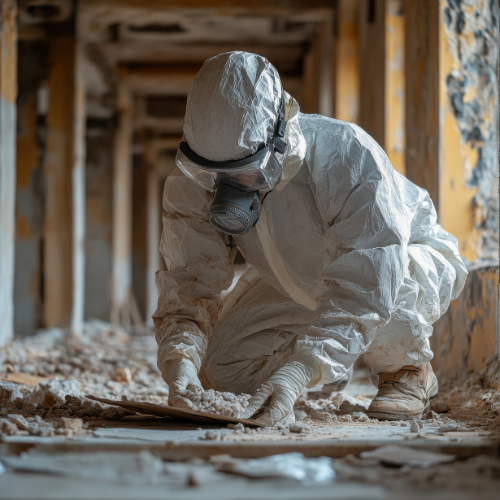At first glance, the process described and central findings posited in a recent asbestos-related study might seem more than a bit technical and abstruse, but the bottom line is actually quite simple.
And that is this, say researchers from the University of Pennsylvania: There is more than one way to prepare asbestos fibers for industrial use, and the method selected has immediate and material implications relating to malignant mesothelioma.
More specifically, note study authors, there is a comparatively heightened chance that asbestos employed in construction applications will yield a fatal case of mesothelioma if it is ground up for use while dry rather than through a process using water.
And that spiked and adverse possibility is of dire dimensions, indeed.
As noted in a recent article discussing the link between asbestos-fiber preparation and mesothelioma, “The scientists say the difference is iron.”
And here’s why. Reportedly, asbestos ground while dry has concentrations of iron that are seven times higher — or more — than wet-ground asbestos. That high — indeed, toxic — level of the mineral is understandably hard for any person ingesting it to expel from the body. Excess iron is held in place, say researchers, “raising the risk of cancers like mesothelioma.”
The study team makes the obvious point that future asbestos-related toxicity studies should take account of the process through which examined asbestos fibers were prepared. Failure to include and assess this additional information, they say, can lead to an incomplete understand of the fatal link between asbestos and mesothelioma.














